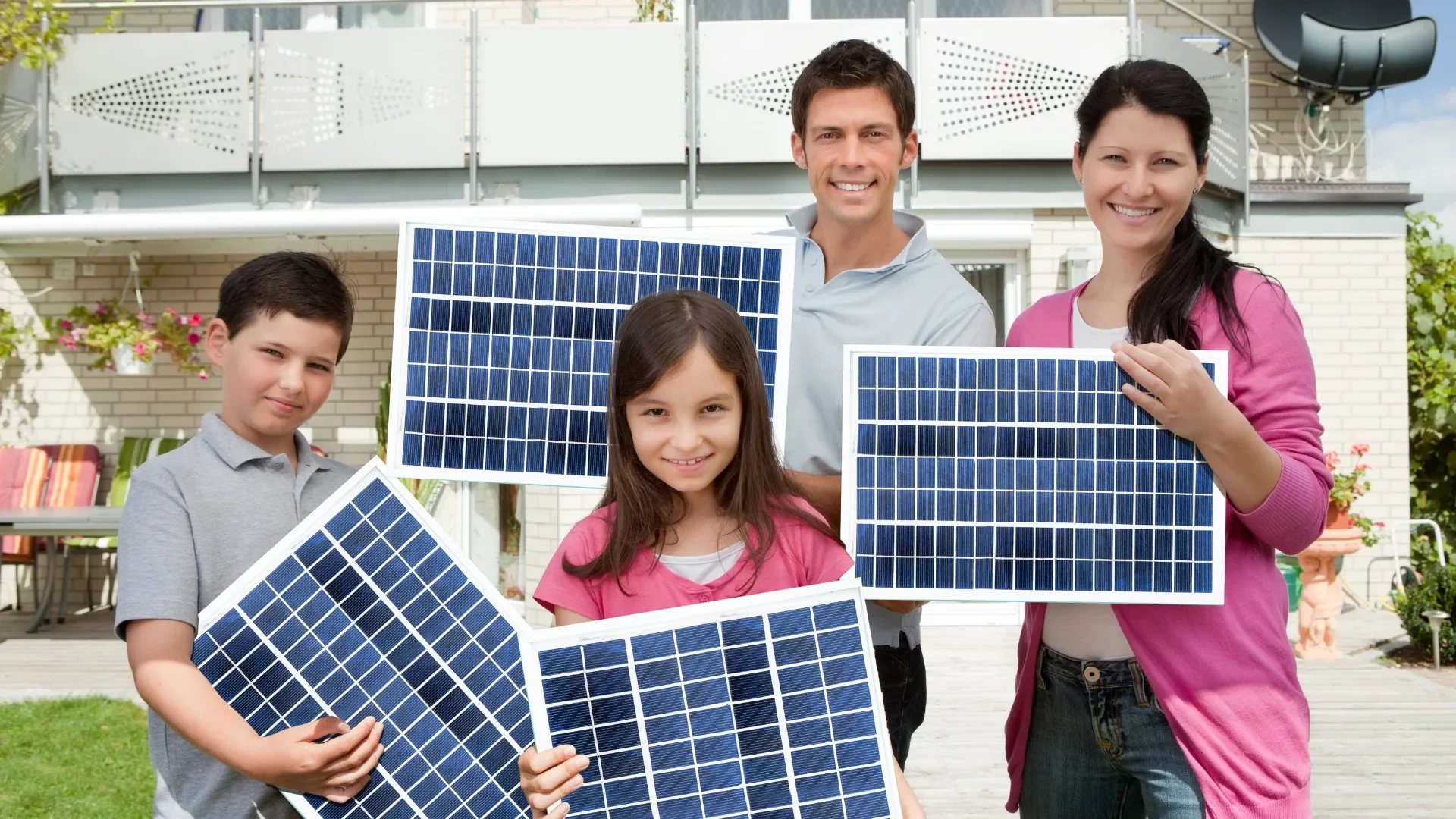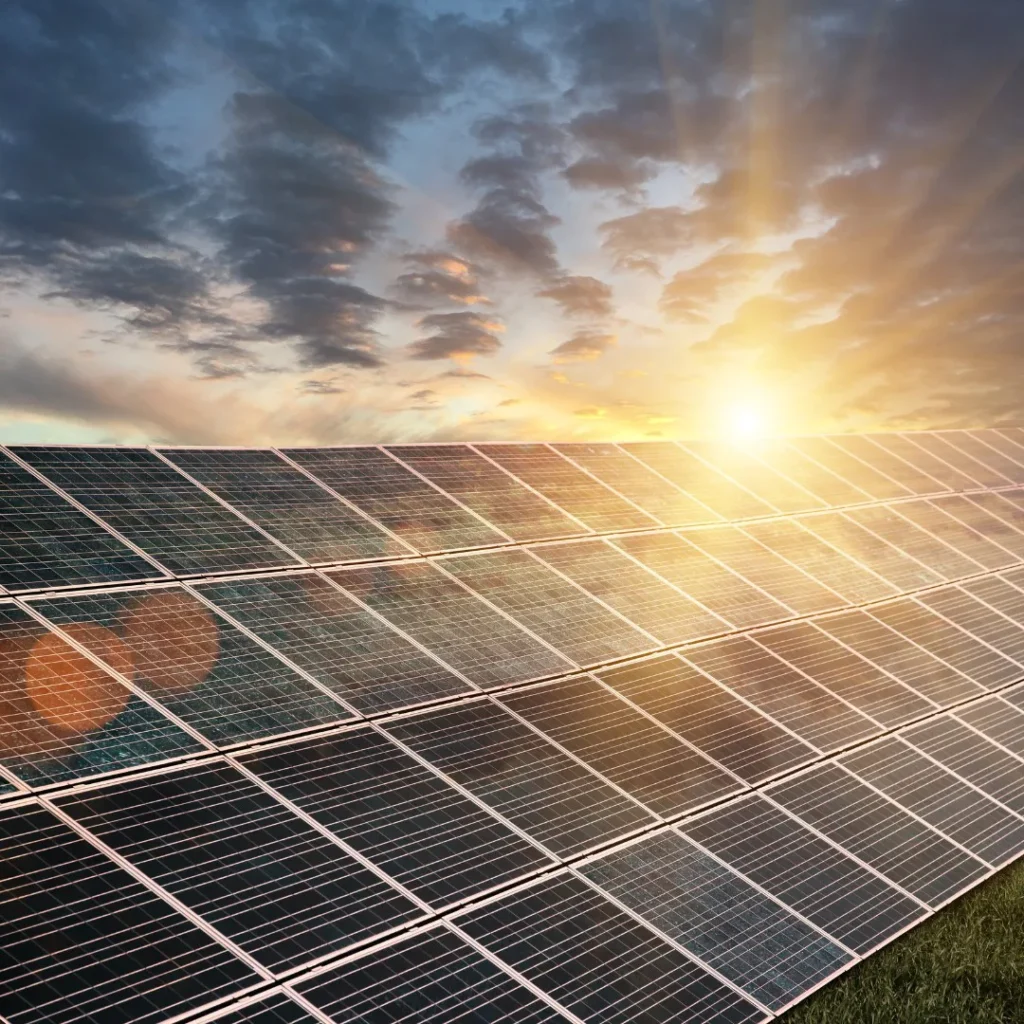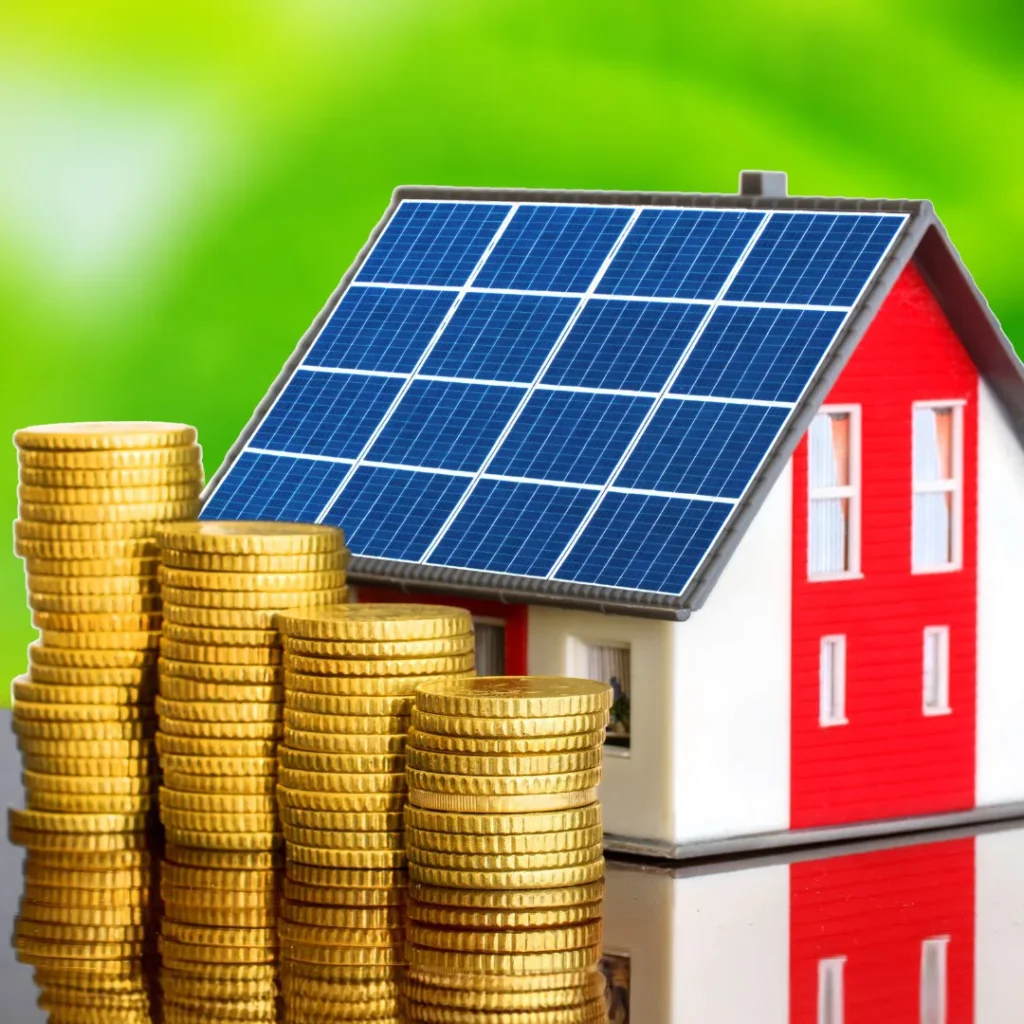
Are you curious about how the Benefits of Residential Solar energy can transform your home and potentially save you money on electricity? This comprehensive article is worth reading because it dives deep into the most pressing questions surrounding residential solar. We will explore how solar panels work, discuss the advantages of solar energy and the disadvantages of solar energy, and highlight why so many homeowners are turning to solar electricity for its long-term benefits. By the end, you will understand how solar can provide both financial benefits and a cleaner environment.
Solar energy is the radiant energy coming from the sun that we can harness to generate electricity or heat. Essentially, sunlight to generate electricity is captured by photovoltaic panels, also called solar panels, which then convert that radiant energy into usable power. The department of energy notes that solar energy is one of the most abundant forms of energy on Earth, providing a renewable energy source with significant potential to reduce our reliance on fossil fuels.
But how does solar works in practice? In a typical solar energy system, photovoltaic (PV) cells within solar panels rely on semiconducting materials (like silicon) to capture photons from sunlight. These photons free electrons within the panels, creating a flow of electricity that can power your home energy needs. When integrated into residential solar setups, these PV cells help homeowners generate electricity and reduce their electricity bill. By understanding these basics, you can fully grasp the benefits of residential solar and why so many people are switching to this sustainable energy resource.

Many people wonder if installing solar panels can truly make a difference. The short answer is yes. Solar panels rely on a natural source of energy—the sun—and do not emit greenhouse gas emissions when producing electricity. Compared to power plants that burn fossil fuels as fuel, solar panels generate far fewer pollutants, making them a sustainable energy option.
By harnessing this renewable energy, a homeowner can reduce environmental damage and help preserve our planet for future generations. Solar panel technology is constantly improving, too, with solar also becoming more efficient each year. Whether you choose to switch to solar outright or opt for a solar lease, you can benefit from a clean energy approach that conserves natural resources and mitigates climate change.
One major advantage of solar energy is the potential for long-term benefits, such as lowering your monthly electricity bill. Because solar energy offers a means to generate electricity directly from the sun, you rely less on conventional power from the grid. As electricity rates climb, having your own source of energy can significantly cut costs over time. Moreover, solar power offers a sense of energy independence for many homeowners.
Another benefit is the financial benefits from programs like the tax credit often offered by federal or local governments. A solar tax credit can help you offset the initial investment of your solar energy system. With net metering, you can feed excess power you don’t use back into the grid, effectively receiving credits on future bills. Thus, the advantages of solar energy go beyond just a lower electricity bill—they also provide a lucrative way to potentially earn or save money if your system produces surplus power.
Despite the many benefits of residential solar, some homeowners worry about the disadvantages of solar energy. High up-front costs can be daunting, although tax credit incentives, a power purchase agreement, or community solar programs may help offset these costs. Moreover, low solar conditions (like heavy cloud cover, shade, or a roof that doesn’t face the right direction) can affect the amount of solar you can harvest. Though performance can drop in certain conditions, modern systems use innovative battery technology and more efficient panels to capture and store excess energy for later use.
When weighing the advantages and disadvantages of solar, you’ll find that improvements in solar technology, government incentives, and new financing options are constantly shrinking the disadvantages. While not every property will see the same results, for many homeowners, investing in solar energy is still very much worth it in the long run.
As a renewable energy source, solar power is uniquely positioned to become a primary energy source on earth, especially as we move toward environmental sustainability. Wind power and hydroelectric power also play crucial roles, but solar’s scalability and the abundance of sunlight make it a promising frontrunner. According to the department of energy, solar could meet a large portion of global electricity demand in the coming decades.

Solar power offers flexible solutions, from community solar to rooftop installations, so homeowners and businesses alike can benefit. Additionally, investing in solar for your property can provide resilience during power outages—particularly when you pair your system with advanced battery technology. This synergy makes solar not just a clean choice but a practical one, further solidifying its place in the energy solutions landscape.
A common question is whether going solar makes sense if you are currently dependent on fossil fuels for heating or electricity generation. While there’s no single answer for every homeowner, shifting to a cleaner source of energy production can greatly reduce your carbon footprint. Unlike solar panels, fossil fuels release large amounts of greenhouse gas emissions when burned, contributing to climate change and poor air quality.
When you switch to solar, part of your energy production no longer comes from burning fuel but from a limitless resource: the sun. Even partial adoption of solar power can reduce the amount of fossil fuels you use, thereby diminishing your personal impact on the environment. Over time, as you see how much you can save on electricity and reduce dependence on harmful fuels, going solar often becomes a no-brainer.
One of the greatest advantages and disadvantages of solar is the concept of energy independence. On one hand, you rely less on the grid or external providers when you have your own solar energy system. On the other hand, you may still need to draw power from the grid at night or on cloudy days unless you have robust energy storage options, such as batteries. Even so, many solar installations allow for the storage of excess energy so you can power your home after sunset.
This drive for energy independence also encourages new technologies in the solar sector. Solar renewable energy certificates are now available in many regions, letting homeowners trade credits for the electricity generated by the solar system. And, if you’d rather not pay the full purchase price for the system, you can opt for a solar lease, a power purchase agreement, or join a community solar project, thereby increasing your energy independence without a massive upfront cost.
A solar energy system typically comprises solar panels, inverters, racking for installation, and possibly batteries for storage. Many residential solar energy systems also include monitoring tools so you can see how much electricity production is happening at any given time. The concept of a solar system in a residential setting is to harvest the sun’s radiant energy efficiently and convert it into usable electricity for your household.
But why consider installing solar? The benefits of switching to solar are extensive. You save on your monthly electricity bill, reduce electricity rates over time, and minimize environmental damage caused by burning fossil fuels. Additionally, solar energy system will likely become even more efficient in the future, and your energy system will likely increase in value as technology progresses. As more people embrace these renewable energy systems, the cost per watt continues to drop, making solar an increasingly affordable energy resource.

To really understand how solar helps with the environment, it’s crucial to recognize that solar technology doesn’t rely on combusting fuel to produce electricity. Traditional power systems often involve burning fossil fuels, resulting in high greenhouse gas emissions. In contrast, solar energy harnesses a low solar energy approach—meaning it doesn’t produce harmful byproducts during day-to-day operation.
When you’re investing in solar energy, you’re essentially choosing a clean, sustainable energy technology that contributes less pollution. Every kilowatt-hour produced from solar directly offsets the electricity that would otherwise be generated by more polluting methods. And because solar panels have a long lifespan—often more than 25 years—the accumulated environmental benefits can be substantial. This is precisely why solar energy offers a bright future for those concerned about climate change and ecological well-being.
Before installing solar, a homeowner should examine both advantages of solar energy and disadvantages of solar energy. On the advantage side, you can greatly reduce or even eliminate your monthly electricity bill, especially if you take advantage of net metering or solar renewable energy certificates. You may also increase your home’s value, as panels are viewed as upgrades—many home buyers are willing to pay a premium for a home that already has solar panels in place.
On the downside, not every roof is compatible with solar, and low solar conditions, like excessive shade or poor roof orientation, can lead to lower electricity generated. However, if you’re flexible about your solar project or you have land space for ground-mounted systems, you can overcome these challenges. Many homeowners, after careful research and consultation with a reputable solar provider, find that the financial and environmental upsides far outweigh the drawbacks, particularly with the solar tax credit and local incentives driving down costs.
For many, the bottom line is this: How much you can save and what are the long-term benefits of installing a solar energy system? While the specific numbers vary based on location, electric utility rates, and system size, many homeowners begin to see savings within a few years. Once you have produced from solar enough electricity to offset your initial investment, the rest of your solar electricity is nearly free. Moreover, if you have surplus power, you can often send it back to the grid for credits on future bills.

These savings can translate into both short-term and long-term benefits. In the short term, you lower your monthly utility expenses. In the long term, your home becomes more resilient and appealing to prospective home buyers. The value of a home typically rises when it has a functional solar energy system. Plus, if you ever decide to expand your setup with solar thermal or advanced battery technology, you can further enhance your system’s capacity and your family’s energy independence.
By choosing to power your home with solar energy, you are not only helping solar innovators continue to advance but also joining a movement toward a healthier planet and more stable energy costs. From fuel savings to environmental damage mitigation, solar could be the perfect choice for your home’s power systems. Now that you understand how solar works and the benefits of switching to solar, you can confidently consider whether it’s the right step for you.